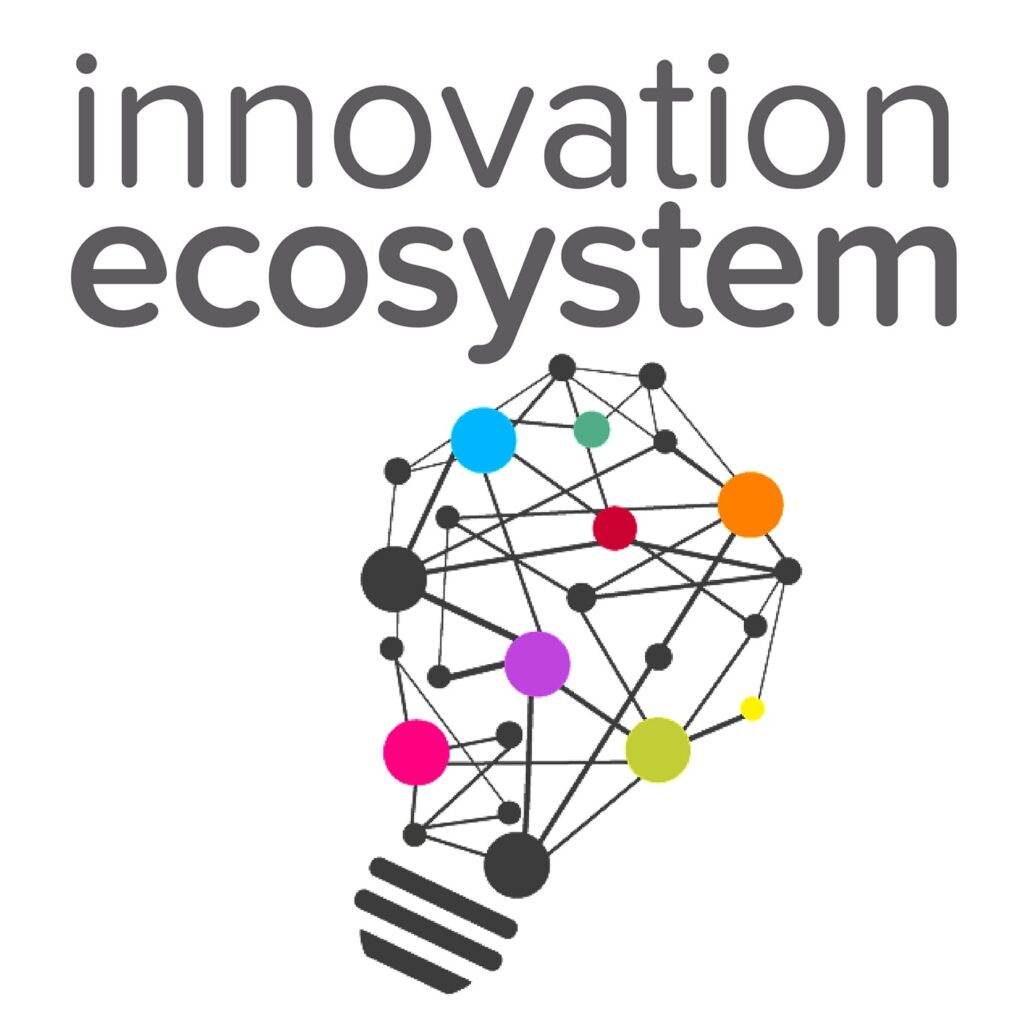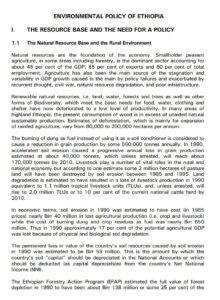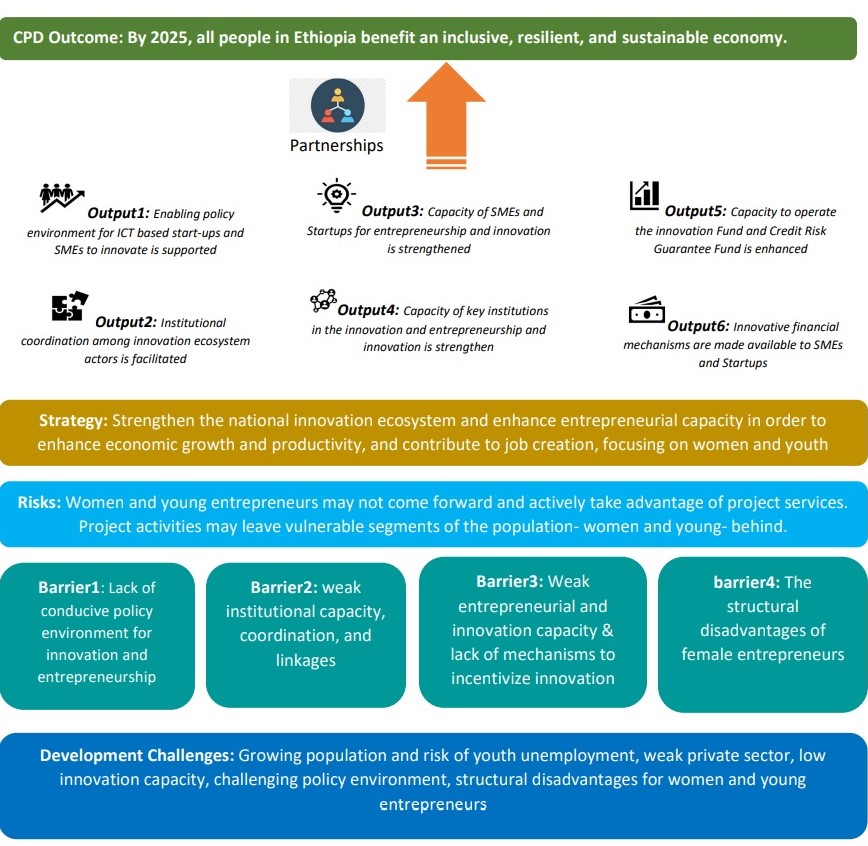Innovation Ecosystem
Innovation ecosystem refers to the complex relationships that are formed between actors or entities whose functional goal is to enable technology development and innovation.
In this context, the actors would include the material resources (funds, equipment, facilities, etc.), the government (enabling and regulator roles through policy and resources) and the human capital (students, faculty, staff, industry researchers, industry representatives, etc.) that make up the institutional entities participating in the ecosystem. The purpose of building an innovation ecosystem to address the development challenges through innovation as
it is necessary to wholistic development and to build an entrepreneurial ecosystem that relies on the ability to innovate.
Generally, Innovation Systems (Innovation Ecosystem) in Africa are broadly characterized for having low levels of science and technology activities, a high reliance on government or foreign donors as a source of R&D, limited science-industry linkages, low absorptive capacity of firms, limited use of IP, and a challenging business environment. (WIPO)

Innovation: a trajectory from ‘inception’ all the way through to ‘impact’, which goes beyond a single moment of invention.
Challenges of the Ethiopia Innovation Ecosystem and Theory of Change (Innovation for Development Project)
Innovation Enabling Policy and Legal Environment to promote National Innovation Ecosystem (NIE)
- 1) Revised National STI policy
- 2) E-Commerce Proclamation
- 3) Data Protection Proclamation
- 4) Sector establishment proclamation
- 5) Startup and innovation fund proclamation
- 6) Startup and Innovation fund guideline
- 7) National Digital strategy
- 8) Innovation and Technology Strategy: Innovation strategy, technology transfer and development strategy

